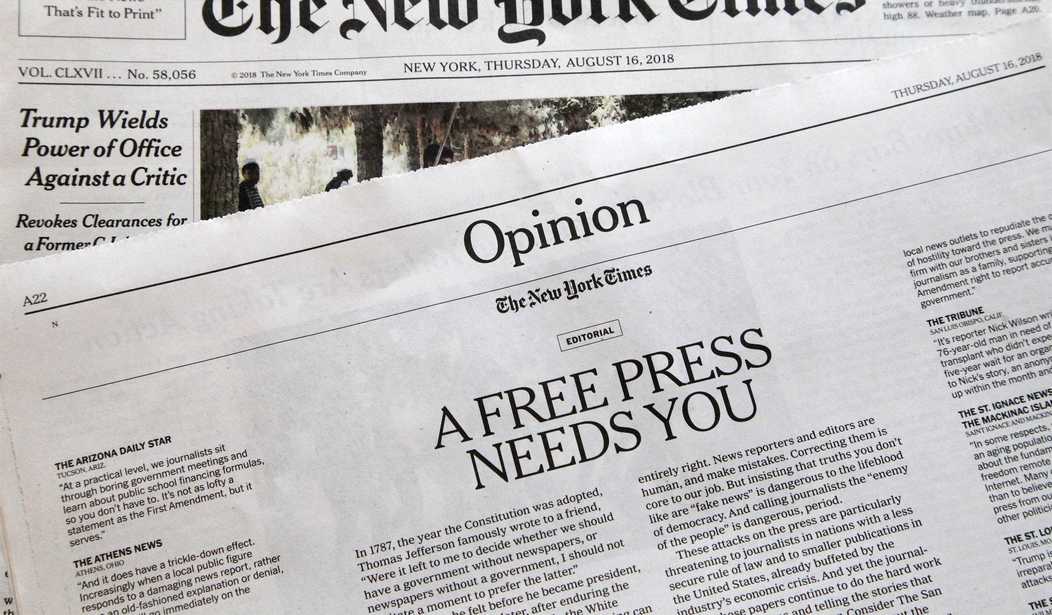In what promises to be a defining suit for artificial intelligence and the tools used to power AI, eight daily newspapers have sued Microsoft and Open AI over their use of newspaper articles to power their AI chatbots.
The New York Daily News, The Chicago Tribune, The Orlando Sentinel, The Sun Sentinel of Florida, The San Jose Mercury News, The Denver Post, The Orange County Register, and The St. Paul Pioneer Press filed the complaint in federal court in the U.S. Southern District of New York. All of the newspapers are owned by MediaNews Group or Tribune Publishing, subsidiaries of publishing giant Alden.
The publications accuse Microsoft and Open AI of stealing millions of copyrighted articles and using them to train their AI products, including ChatGPT and Microsoft Copilot. The publishers are not asking for a specific amount of damages but they want a jury trial, where they expect the jury to name the damages they're owed.
“We’ve spent billions of dollars gathering information and reporting news at our publications, and we can’t allow OpenAI and Microsoft to expand the Big Tech playbook of stealing our work to build their own businesses at our expense,” Frank Pine, the executive editor overseeing Alden’s newspapers, said in a statement.
The lawsuit adds to a fight over the use of data to power generative A.I. Online information, including articles, Wikipedia posts and other data, has increasingly become the lifeblood of the booming industry. A recent investigation by The New York Times found that numerous tech companies, in their push to keep pace, had ignored policies and debated skirting copyright law in an effort to obtain as much data as possible to train chatbots.
Publishers have paid attention to the use of their content. In December, The Times sued OpenAI and Microsoft, accusing them of using copyrighted articles to train chatbots that then competed with the paper as a source of news and information. Microsoft has sought to have parts of that lawsuit dismissed. It also argued that The Times had not shown actual harm and that the large language models that drive chatbots had not replaced the market for news articles. OpenAI has filed a similar argument.
Some media companies appear willing to make a deal about AI using their content. The Financial Times announced they had inked an agreement with Open AI to use its content to train chatbots.
OpenAI has also signed agreements with German publishing company Axel Springer. The AI company has also negotiated deals with The Associated Press and Le Monde, the French news outlet.
Related: How Dumb Do You Have to Be to Get Duped by the 'Chief Rabbi of Gaza'?
As with politics, some answers given by Open AI and ChatGPT are, at times, dishonest and even incorrect.
One example included ChatGPT’s response to a query about which infant lounger The Chicago Tribune recommended. ChatGPT, according to the complaint, responded that The Tribune recommended the Boppy Newborn Lounger, a product that was recalled after it was linked to infant deaths and that the newspaper had never recommended.
In a separate incident, an A.I. chatbot claimed that The Denver Post had published research indicating that smoking could potentially cure asthma, a complete fabrication, the complaint said.
“This issue is not just a business problem for a handful of newspapers or the newspaper industry at large,” the lawsuit said. “It is a critical issue for civic life in America.”
Newspapers are already dying in America, and even winning this suit won't resurrect them from the dead. But it may allow the life support to continue a while longer.










Join the conversation as a VIP Member